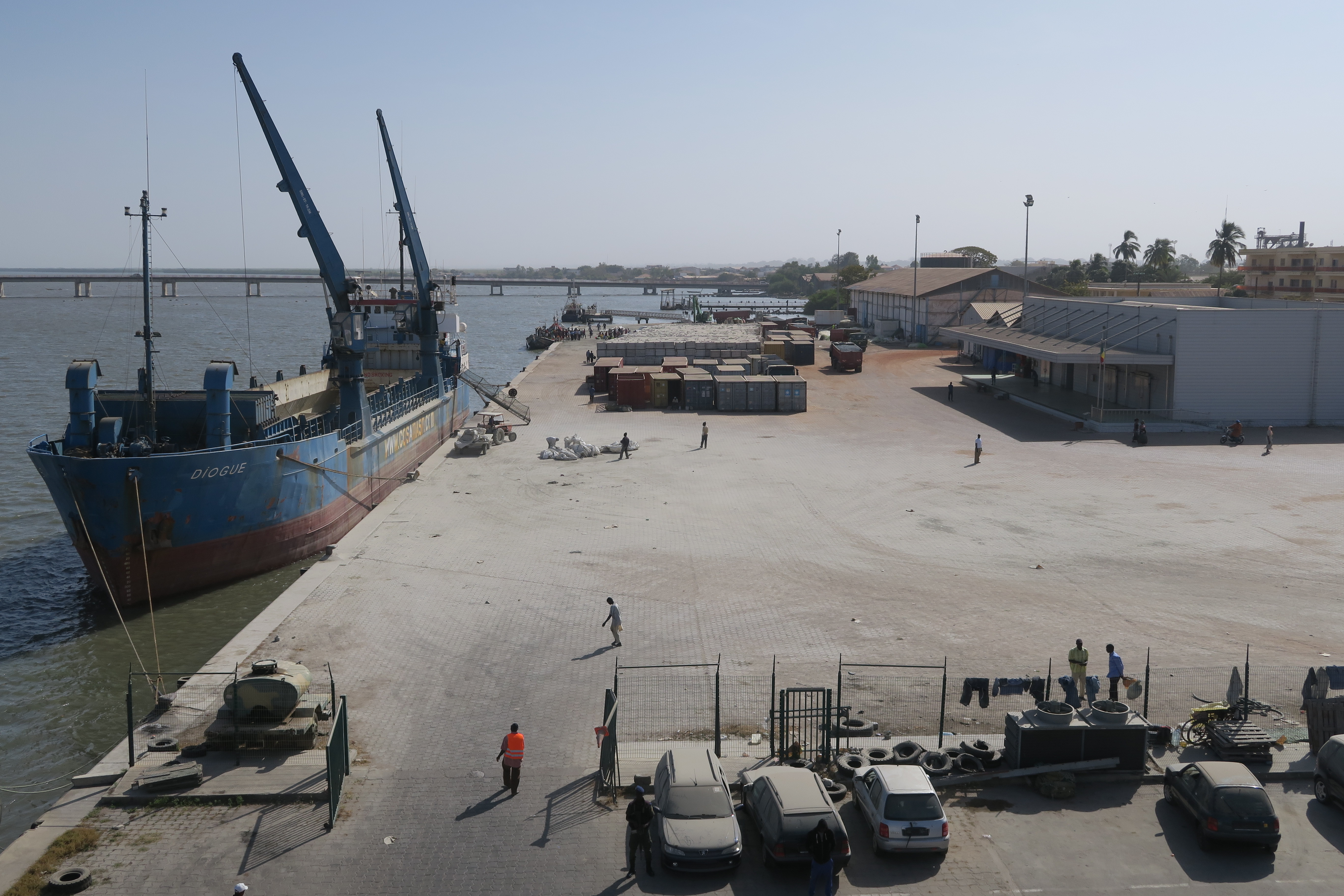|
Francisco Mendès
Francisco Mendes, popularly known by his ''nom de guerre'' as Chico Té (February 7, 1939 – July 7, 1978), was a Bissau-Guinean politician and revolutionary. He was the country's first Prime Minister and held that position from September 24, 1973, until his fatal car accident under suspicious circumstances on July 7, 1978. Early career Mendes was born in Enxude, Guinea-Bissau. In the early 1960s, the African Party for the Independence of Guinea and Cape Verde (PAIGC) launched an armed struggle against Portuguese imperialism which would last more than a decade. Mendes was one of the few Guinea-Bissau students in secondary education when he abandoned school to join the PAIGC. He rose through the ranks in the 1960s, becoming a political commissar of the Bafatá area in 1962. In the years 1963–1964 he held the same function on the Northern Front. He entered the Political Bureau in 1964 and he became a member of PAIGC's Council of War in 1965. In 1967 he was appointed delegate o ... [...More Info...] [...Related Items...] OR: [Wikipedia] [Google] [Baidu] |
Ziguinchor
Ziguinchor (; ; ) is the capital of the Ziguinchor Region, and the chief town of the Casamance area of Senegal, lying at the mouth of the Casamance River. It has a population of 214,874 (2023 census). It is the eighth largest city of Senegal, but is nearly separated from the north of the country by the nation of The Gambia. Unlike the semi-arid to arid north of Senegal, Ziguinchor has a tropical savanna climate, as it is under the influence of the West African Monsoon. It has an average annual accumulated rainfall of approximately . Etymology There are several competing etymologies for Ziguinchor's name. The best known comes from the time when Portuguese traders and explorers came to the region to form a trading post. It is derived from a Portuguese phrase, ''Cheguei e choram'', "I came and they cry". The local people, seeing the Europeans, began crying, thinking they were about to be enslaved. Other scholars believe that the name likely predates the Portuguese arrival. T ... [...More Info...] [...Related Items...] OR: [Wikipedia] [Google] [Baidu] |
Conakry
Conakry ( , ; ; ; ) is the Capital city, capital and largest city of Guinea. A port city, it serves as the economic, financial and cultural centre of Guinea. Its population as of the 2014 Guinea census was 1,660,973. The current population of Conakry is difficult to ascertain, although the U.S. Department of State's Bureau of African Affairs has estimated it at two million, accounting for one-sixth of the entire population of the country. History Conakry was originally settled on the small Tombo Island and later spread to the neighboring Kaloum Peninsula, a stretch of land wide. The city was essentially founded after Britain ceded the island to France in 1887. In 1885, the two island villages of Conakry and Boubinet had fewer than 500 inhabitants. Conakry became the capital of French Guinea in 1904, and prospered as an export port, particularly after a railway (now closed) to Kankan opened up the interior of the country for the large-scale export of peanut, groundnut. In ... [...More Info...] [...Related Items...] OR: [Wikipedia] [Google] [Baidu] |
African Party For The Independence Of Guinea And Cape Verde Politicians
African or Africans may refer to: * Anything from or pertaining to the continent of Africa: ** People who are native to Africa, descendants of natives of Africa, or individuals who trace their ancestry to indigenous inhabitants of Africa *** List of ethnic groups of Africa *** Demographics of Africa *** African diaspora ** African, an adjective referring to something of, from, or related to the African Union ** Citizenship of the African Union ** Demographics of the African Union **Africanfuturism ** African art ** *** African jazz (other) ** African cuisine ** African culture ** African languages ** African music ** African Union ** African lion, a lion population in Africa Books and radio * ''The African'' (essay), a story by French author J. M. G. Le Clézio * ''The African'' (Conton novel), a novel by William Farquhar Conton * ''The African'' (Courlander novel), a novel by Harold Courlander * ''The Africans'' (radio program) Music * "African", a song by Peter ... [...More Info...] [...Related Items...] OR: [Wikipedia] [Google] [Baidu] |
Assassinated Prime Ministers
Assassination is the willful killing, by a sudden, secret, or planned attack, of a personespecially if prominent or important. It may be prompted by political, ideological, religious, financial, or military motives. Assassinations are ordered by both individuals and organizations, and are carried out by their accomplices. Acts of assassination have been performed since ancient times. A person who carries out an assassination is called an assassin. Etymology ''Assassin'' comes from the Italian and French Assissini, believed to derive from the word ''hashshashin'' (), and shares its etymological roots with ''hashish'' ( or ; from ').''The Assassins: a radical sect in Islam'' – Bernard Lewis, pp. 11–12 It referred to a group of Nizari Ismailis known as the Order of Assassins who worked against various political targets. Founded by Hassan-i Sabbah, the Assassins were active in the Near East from the 11th to the 13th centuries. The group killed members of the Abbasid, ... [...More Info...] [...Related Items...] OR: [Wikipedia] [Google] [Baidu] |

